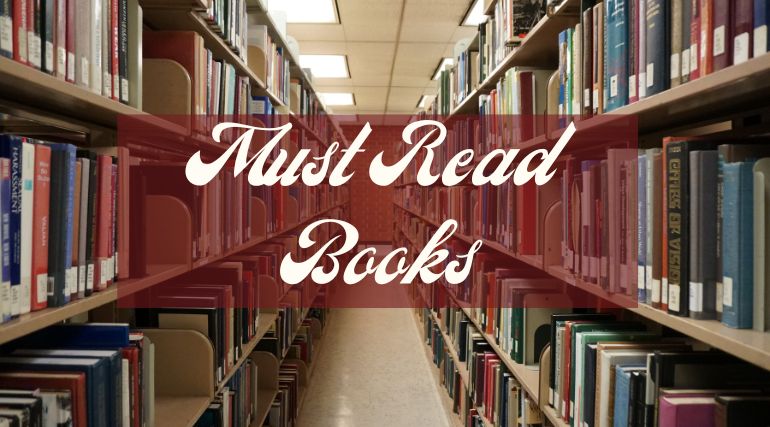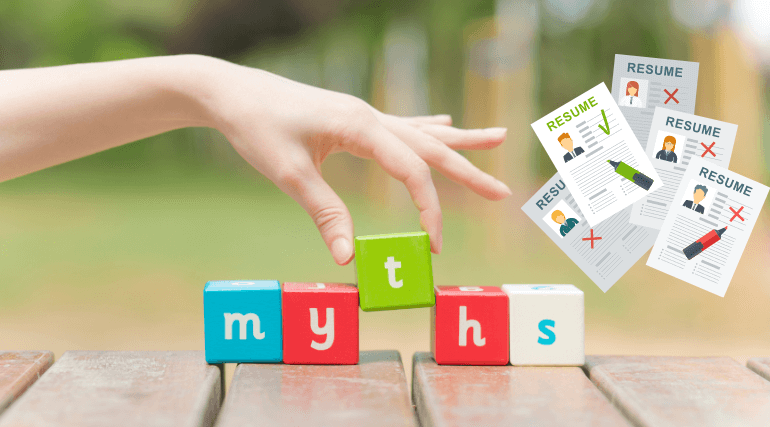Must Read Books- High Schoolers Addition
While your academic growth and success are the responsibility of your college lecturers, literature may be another helpful source of information for you. After all, college is the perfect time to open your mind to new ideas, follow your hobbies, and improve your knowledge of a variety of disciplines.
So, as you get ready to begin the first chapter of university life, there are a number of novels you may add to your literary library, whether you're a proud bookworm or a casual reader.
These stories might serve as a great source of inspiration in the months leading up to your college adventure, regardless of whether you're still deciding between colleges or thinking about taking some time off after graduation.
Here are some books to read before you start college, without further ado.
To Kill a Mockingbird by Harper Lee
When To Kill A Mockingbird was originally published in 1960, it immediately became a bestseller and a critical triumph. It is an evocative story of a childhood in a peaceful Southern town and the moral crisis that shook it. It eventually went on to win the Pulitzer Prize in 1961 and was later turned into a great film that won an Oscar.
“You never really understand a person until you consider things from his point of view… Until you climb inside of his skin and walk around in it.”
Harper Lee's To Kill A Mockingbird is a compassionate, dramatic, and profoundly emotional book that explores the fundamentals of human conduct, including innocence and experience, kindness and brutality, love and hatred, comedy and sadness.
This Changes Everything: Capitalism vs. The Climate by Naomi Klein
Forget everything you believe to be true about climate change. The issue is capitalism, not carbon. The good news is that we can take advantage of this crisis to drastically improve upon our failing economic system.
Naomi Klein, author of the international blockbusters Shock Doctrine and No Logo, dispels the misconceptions obscuring the climate discussion in her most controversial book to date.
You've been taught that the market would save us, but in reality, our obsession with growth and profit is burying us further and deeper. You've been told it's impossible to stop using fossil fuels, but in reality, we know precisely how to achieve it; all it takes is for us to defy every precept from the "free-market" playbook. You've also been convinced that people are too avaricious and self-centered to confront this issue. In reality, the fight back is already being successful in ways that are both unexpected and inspirational all through the globe.
Before the world changes so radically that no one is protected, it's about transforming the planet. Either we fly or we drown. A new age will be defined by the book This Changes Everything.
Sapiens: A Brief History of Humankind by Yuval Noah Harari
Yuval Noah Harari's book Sapiens: A Brief History of Humankind provides a chronological overview of humankind from the "genesis" of Homo sapiens to the present day in the twenty-first century.
It extends beyond just our past as a species, as our guide Harari demonstrates. Additionally, he contends that social prejudices may never completely be avoided and that many uniquely human inventions—including economics, religion, and politics—owe their existence to our "distinctive cognitive aptitude for fabrication."
A fascinating book that blends science, anthropology, and philosophy. It's without a doubt one of the most critical books that students should read.
Adulting: How to Become a Grown-up in 468 Easy(ish) Steps by Kelly Williams Brown
It's acceptable to still feel like a student after finishing college, to go to the grocery store in your pajamas but a professional outfit, to live alone but have no idea how to cook or clean. However, things don't have to be this way.
You can still behave like an adult even if you don't feel like one. And this amusing, sage and practical book is where it all starts. ADULTING, which is based on the well-known blog of Kelly Williams Brown, makes the intimidating, perplexing "real world" accessible, controllable, and even conquerable. With this book at hand, you will discover how to sail the choppy Sea of Adulthood and arrive at Not Running Out of Toilet Paper Bay safely.
What to look for when a new flat is being rented: Not just the adjacent bars, but also, for example, the kitchen and faucets. When a busy individual has time to learn more about the world, NPR and hair straightening come into play.
This way-fun extensive handbook is the solution for ambitious adults of all ages, covering everything from breaking up with frenemies to fixing your toilet.
The Defining Decade: Why Your Twenties Matter–And How to Make the Most of Them Now by Meg Jay
According to our "thirty-is-the-new-twenty" mentality, the years spent in your 20s are unimportant. Some people describe them as protracted adolescence. Others refer to them as young adulthood. The new twenty is not thirty, though. Dr. Meg Jay demonstrates in this enlightening book how many twentysomethings have been caught in a whirlwind of hype and deception that has trivialized what are truly the most formative years of life.
Dr. Jay interweaves the science of the twentysomething years with engrossing, behind-the-scenes experiences from twentysomethings themselves, drawing on more than 10 years of work with hundreds of twentysomething clients and students. She discusses what experts in psychology, sociology, neurology, reproductive science, human resources management, and economics know about the distinctive influence of our twenties and how they affect how our lives evolve.
The final outcome is a thought-provoking and oftentimes poignant narrative that demonstrates why our twenties do matter. The decisions we make in our twenties will have a significant impact on the years and maybe even future generations.
Talking to Strangers: What We Should Know About the People We Don’t Know by Malcolm Gladwell
How was the CIA deceived for a generation by Fidel Castro? Why did Neville Chamberlain believe that Adolf Hitler was trustworthy? Why are there more sexual assaults on college campuses? Do sitcoms on television provide any false knowledge about how people interact with one another?
Malcolm Gladwell was not only creating a book for the page while addressing these issues. Additionally, he was creating for the ear. You may hear the voices of the persons he spoke with during his interviews with scientists, criminologists, and military psychologists in the Talking to Strangers audiobook. Reenactments bring the court transcripts to life. By the side of the road in Texas, you can literally hear the disputed arrest of Sandra Bland.
You hear from many of the participants in these true tragedies as Gladwell revisits the scams of Bernie Madoff, the Amanda Knox trial, and Sylvia Plath's death.
Gladwell contends that there is a serious problem with the methods and techniques we employ to understand strangers. And because we lack social skills, we open the door to conflict and miscommunication in ways that have a significant impact on our lives and the world.












